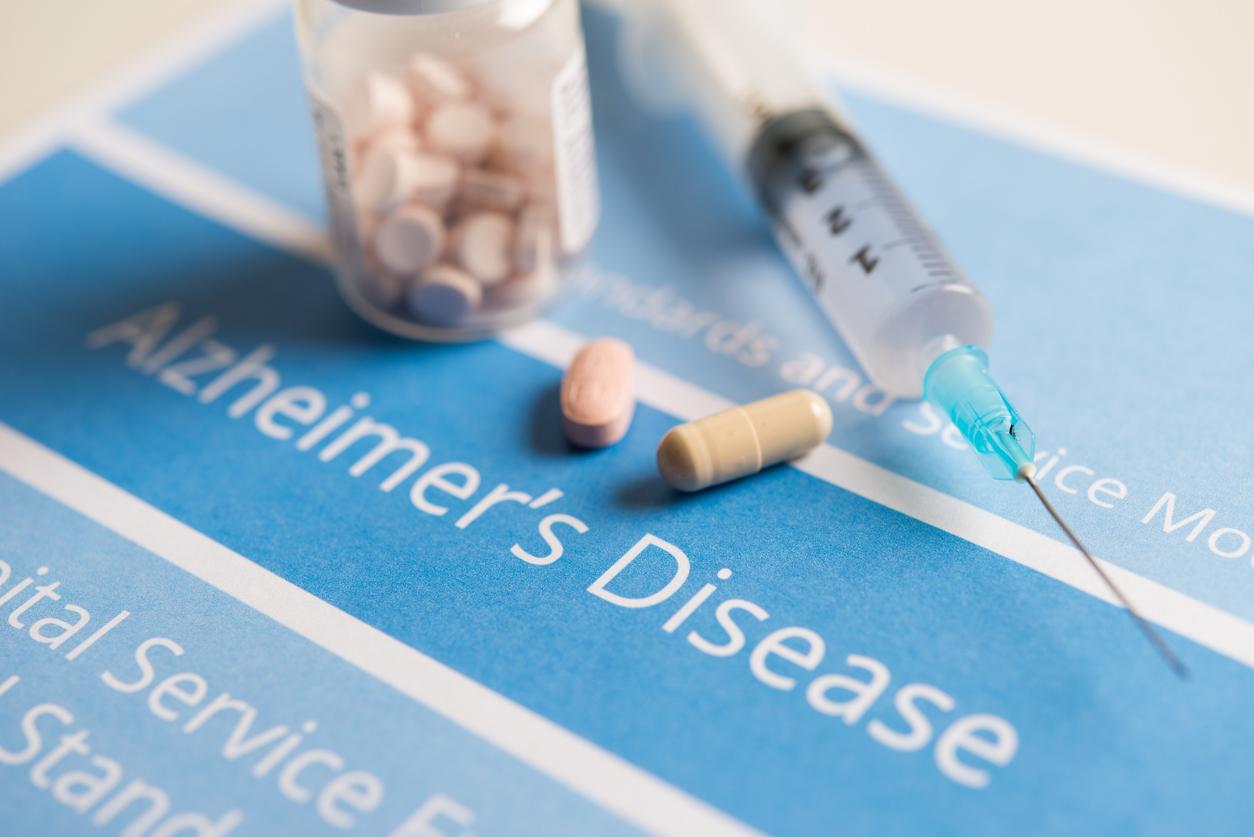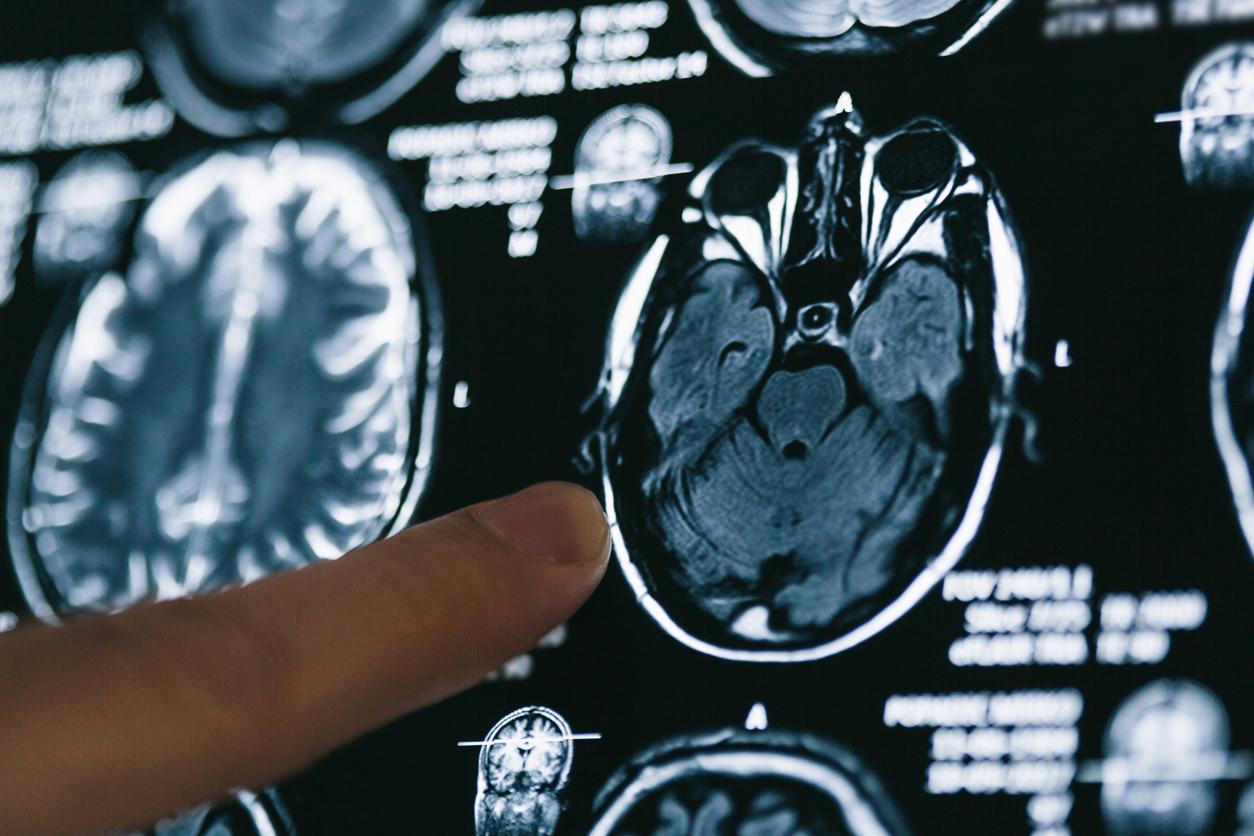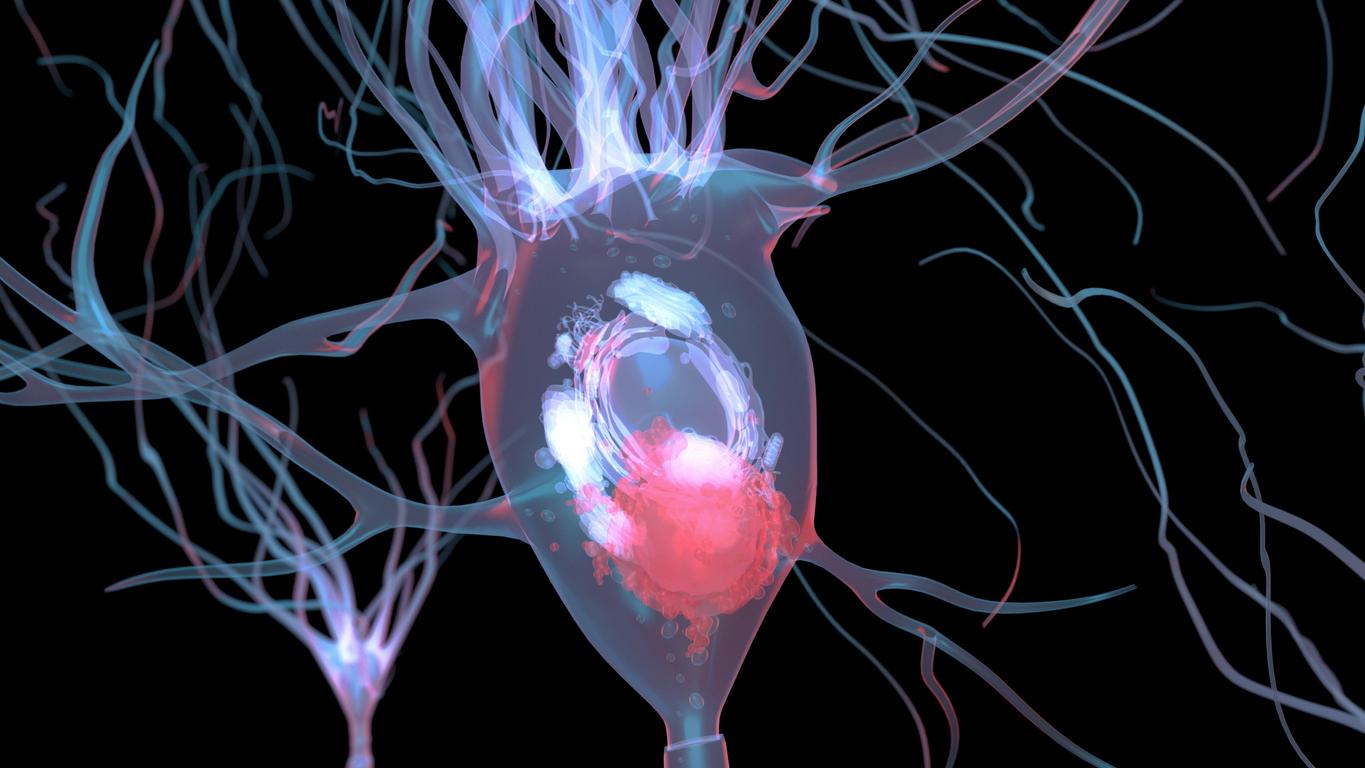Drinking coffee regularly has a protective effect against Alzheimer’s disease, confirms an Inserm study.

- Several studies show that regular and moderate consumption of caffeine (2 to 4 cups of coffee per day) could slow down cognitive decline linked to aging and the risk of developing Alzheimer’s disease.
- A new study by Inserm confirms this lead.
- Researchers have shown that patients with Alzheimer’s disease have an increase in the activity of A2A receptors. And caffeine has the ability to block them.
If your loved ones reprimand you for your coffee consumption, here is an argument to defend your guilty pleasure: a study by Inserm, the Lille University Hospital and the University of Lille confirms that drinking two to four cups of coffee per day could slow cognitive decline linked to aging and the risk of developing Alzheimer’s disease.
The research was the subject of an article, published in the scientific journal Brain, July 5, 2024.
Alzheimer’s: an increase in A2A receptors in question
In this work, the team looked at the impact of increased A2A receptor activity in the hippocampus in patients with Alzheimer’s disease. To do this, they studied mice affected by this neurodegenerative pathology.
The researchers were able to show that the increase in A2A receptors promotes the loss of synapses in the hippocampus of the Alzheimer’s group. “This has the effect of early onset of memory disorders in animals.”explain the authors in a communicatedThey then highlighted that a dysfunction of microglial cells (small cells specific to the central nervous system partly responsible for the cerebral inflammation observed in the disease), could be involved in the loss of synapses, in response to an increase in A2A receptors.
“These results suggest that increased expression of A2A receptors alters the relationship between neurons and microglial cells. This alteration could be at the origin of an escalation of effects leading to the development of the observed memory disorders.”explains Émilie Faivre, co-last author of the study, researcher at the Lille Neuroscience and Cognition research center (Inserm/University of Lille/CHU of Lille).
Alzheimer’s: Moderate coffee consumption may help block A2A receptors
But what is the link between this discovery and coffee? In work published in 2016, the same team had noticed that the effects of caffeine came from its ability to block A2A adenosinergic receptors. The very ones that they have just pointed out.
“By describing, in our new study, the mechanism by which the pathological increase in the expression of A2A receptors causes a cascade of effects leading to a worsening of memory disorders, we confirm the interest of therapeutic avenues which could act on this target”explains David Blum, research director at Inserm, co-last author of the study.
For him, it is essential to explore the possibility of caffeine in the treatment of patients with early forms of the disease. “Indeed, we can imagine that by blocking these A2A receptors, whose activity is increased in the patient, this molecule could prevent the development of memory disorders or even other cognitive and behavioral symptoms.”
A phase 3 clinical trial seeking to evaluate the effect of caffeine on the cognitive functions of people affected by this dementia is currently underway and is being led by the Lille University Hospital.

















